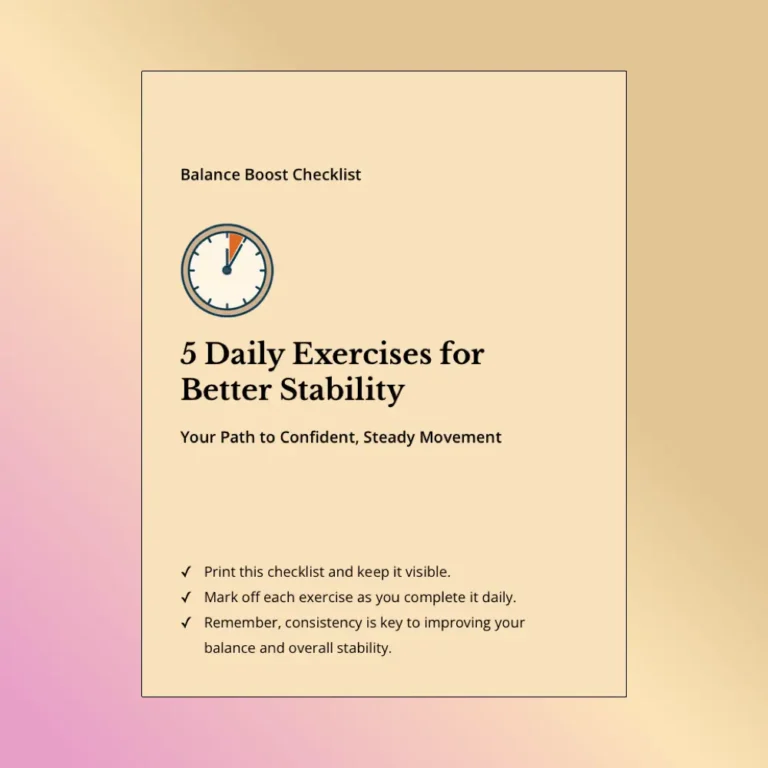
Highlights

As we age, paying attention to our diet becomes more important than ever, especially when it comes to managing health conditions. For seniors, foods high in potassium can play a key role in supporting heart health and keeping blood pressure in check. Let’s explore how incorporating potassium-rich food can help older adults maintain a healthier lifestyle and manage their blood pressure naturally.
Potassium isn’t just another nutrient on the label; it’s an essential mineral and electrolyte that your body needs for several critical functions. It helps regulate fluid balance, supports nerve signals, and assists with muscle contractions, particularly for your heart. For seniors, maintaining good potassium levels becomes even more important because the risk of high blood pressure and heart disease tends to increase with age.
Potassium plays a starring role in heart health, offering several specific benefits for older adults:
The recommended amount of potassium varies depending on age and overall health. Generally speaking, seniors should try to consume between 2,600 and 3,000 mg of potassium daily. However, your individual needs might differ based on factors like your gender, how active you are, and any health conditions you might have.
It’s worth noting that older adults who take certain medications or who are managing conditions like high blood pressure or kidney disease might need personalized advice from their doctors about potassium intake. Some medications can affect how your body processes potassium, making it important to check with a healthcare provider about maintaining a healthy potassium level.
When it comes to getting enough potassium in your diet, variety is the spice of life. Here’s a handy list of foods that are high in potassium that are easy for seniors to include in their meals:
Adding more potassium to your diet doesn’t have to be complicated or boring. Here are some practical tips and ideas to help seniors enjoy these nutritious foods that pack more potassium than a banana:
How you prepare your food can affect its potassium content. Keep these cooking tips in mind:
Here’s a simple recipe to get you started:
Spinach and Sweet Potato Salad
This colorful salad combines several foods high in potassium, making it both delicious and nutritious for any meal. For more meal ideas that can help seniors maintain proper nutrition, check out this helpful guide on meal planning for single seniors.
For seniors taking medications, it’s important to understand how potassium-rich food might interact with certain drugs. Some medications, like diuretics (often prescribed for high blood pressure), can cause your body to lose potassium. On the other hand, some drugs may increase potassium levels in your blood.
If you’re currently taking medications, it’s a good idea to talk with your doctor about how to manage your potassium intake effectively. They can provide guidance based on your specific health situation and the medications you’re taking.
Before making any significant changes to your diet, especially if you’re on medications or have health conditions like kidney disease, check with your healthcare provider. They can help you understand:
Your doctor can provide personalized recommendations that take into account your overall health picture.
How Much Potassium Do You Need?
Seniors should generally aim for between 2,600 to 3,000 mg of potassium per day. However, this amount may vary depending on your individual health needs, medications, and conditions. Your doctor can help determine the right amount of potassium for you.
What are the Best sources of Potassium for Seniors?
Some of the best potassium sources include bananas, sweet potatoes, spinach, yogurt, and beans. These foods are not only rich in potassium but also relatively easy to incorporate into everyday meals.
Can Potassium-Rich Foods Interact with My Medications?
Yes, certain medications can affect how your body processes potassium. Some drugs cause low potassium, while others can lead to potassium buildup. Always talk to your healthcare provider before making dietary changes, especially if you take medications for heart conditions, high blood pressure, or kidney disease.
What Are the Low Potassium Symptoms?
Symptoms of potassium deficiency may include muscle weakness, fatigue, cramping, constipation, and irregular heartbeat. If you experience these symptoms, consult with your healthcare provider to find potassium solutions that work for you.
Adding potassium-rich foods to your diet is a simple yet effective strategy for seniors looking to manage blood pressure and improve overall heart health. By focusing on a varied diet that includes plenty of fruits and vegetables, dairy, and grains, older adults can enjoy better health while still eating delicious, satisfying foods.
Why not start today? Try incorporating one or two foods high in potassium into your meals this week. Perhaps add a banana to your breakfast or swap out your usual side dish for a baked sweet potato. Small changes can make a big difference over time.
Remember that everyone’s nutritional needs are different, so what works for one person might not work for another. Listen to your body, consult with healthcare professionals when needed, and enjoy the journey toward better health through good nutrition. Potassium is a mineral that plays a crucial role in many bodily functions, and getting enough potassium in your diet is essential for maintaining good health as you age.
For more ideas on heart-healthy eating, check out this comprehensive guide to heart-healthy snacks specifically designed for seniors. If you’re also managing diabetes, you might find this resource on diabetes management strategies for elderly individuals helpful.
To learn more about how potassium works in your body and its many benefits, watch this informative video:
Happy eating! With these top potassium-rich foods and practical tips, you’ll be well on your way to enjoying the many benefits of dietary potassium while supporting your overall health.
